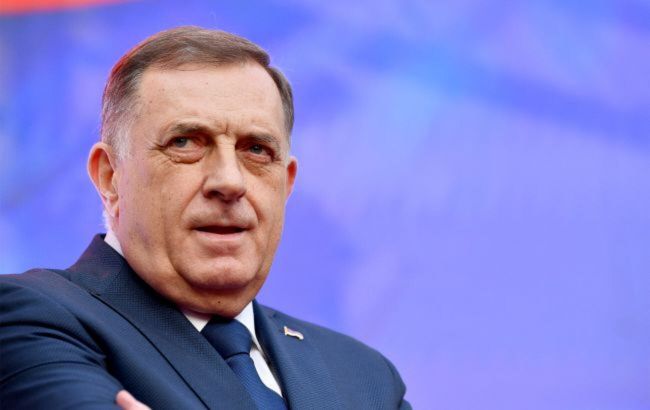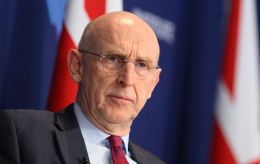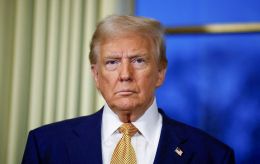Republika Srpska suspends Dodik - Who in charge of region
 Illustrative photo: Milorad Dodik (Getty Images)
Illustrative photo: Milorad Dodik (Getty Images)
After the official removal of Milorad Dodik, the parliament of Republika Srpska appointed an interim president, a move that may mark the beginning of a new power struggle in the region, according to Reuters.
The parliament of Republika Srpska, the autonomous Serb entity within Bosnia and Herzegovina, has officially confirmed the removal of Milorad Dodik from power.
As a result, Ana Trišić Babić, one of Dodik’s closest allies, has been appointed as interim president for one month, until early elections scheduled for November 23.
This move follows a ruling by Bosnia’s State Court, which banned Dodik from holding public office or engaging in political activity. Despite the decision, he continued to act as president, make foreign visits, and reject his dismissal.
Rollback of separatist laws
Alongside the appointment, the parliament annulled several separatist laws introduced under Dodik that sought to weaken Bosnia’s central government and defy rulings of the Constitutional Court and the Office of the High Representative.
Reactions
Dodik, a pro-Russian nationalist advocating for Republika Srpska’s secession and unification with Serbia, said his "secession policy remains unchanged" but must be "coordinated with international partners."
The United States welcomed the decision, calling it a "key step toward reducing political tensions." A State Department representative, Brendan Hanrahan, said it opens the door to "constructive partnership and stability in Bosnia and Herzegovina."
Recently, the US Treasury removed four of Dodik’s allies from its sanctions list, a move Dodik described as "a first signal of change." He himself remains under sanctions from the US, UK, and several EU countries.
Earlier, Dodik sought to exploit Bosnia’s ongoing political crisis to push Republika Srpska toward independence, a move that has raised fears of renewed conflict in the Balkans.

